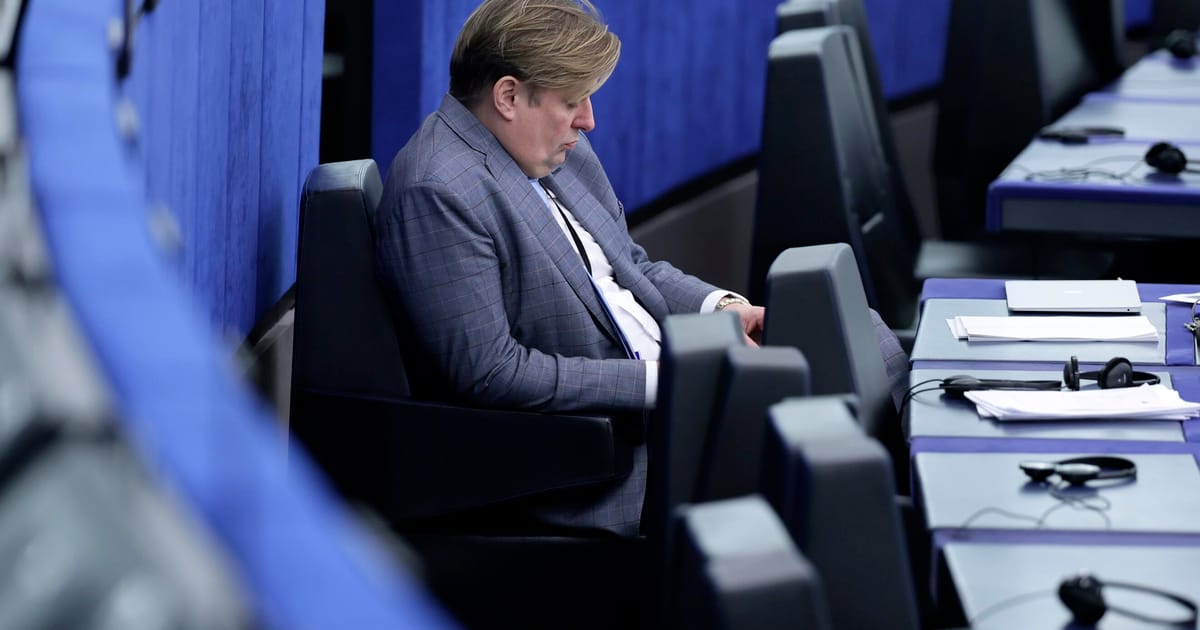

In a season rich with global developments and shifts in political landscapes, several key stories have emerged, providing a thoughtful pause to consider their broader implications. Around the world, from Berlin to Brazil and across to the United States, pivotal events are occurring that merit our attention.
In Germany, the focus is on an ongoing trial involving a German lawmaker’s aide accused of espionage for China. The case, which is scheduled to proceed until September, underscores tensions involving international diplomacy and internal security measures. Meanwhile, a distinct podcast series from Berlin offers a reflective exploration into the intricate motivations of powerful and controversial political figures, among them Marine Le Pen and Vladimir Putin, inviting listeners to understand the decisions that shape our global reality. Such narratives provide an introspective backdrop to current international relations.
Across the Channel in the United Kingdom, former Prime Ministers continue to have an influential presence in the public domain. As Liz Truss and Tony Blair among others voice their perspectives, Britain grapples with the enduring impacts of their legacies. Meanwhile, the country’s core values of free speech face scrutiny, with debates about expression and its limitations becoming ever more prevalent. It’s a period that calls for mindful dialogue on maintaining a nation’s proud spirit amid significant societal transitions.
Simultaneously, in Russia, the trials of alleged participants in a tragic terrorist attack reveal the country’s ongoing struggle with domestic security issues. The trial highlights complex geopolitical narratives as investigators navigate the intricate links between groups and nations, striving for justice and security in a region marked by historical and contemporary conflicts.
In Brazil, the legal tensions around former president Jair Bolsonaro bring to the fore the delicate balance of power and justice. Bolsonaro has found himself at the center of legal deliberations, with his house arrest sparking critiques from various international quarters, including the United States. Such measures paint a broader picture of how nations navigate law, order, and political opposition on their own grounds.
The interconnectedness of our world is further exemplified through public sentiment towards migration policies in the United Kingdom, where a new poll has revealed significant opinions supporting stringent measures. As Plaid Cymru marks its centenary, the discussion around leadership and governance within Wales offers a microcosm of broader societal debates over identity, community, and the future trajectory of national policies.
In the US, health discussions prevail as Covid-19 cases witness a subtle rise amid plans for new restrictions on vaccinations. This context emphasizes the continued dialogue around public health, safety, and governmental response amidst a global pandemic that still lingers in the public consciousness.
Finally, individual news from the US regarding a Spirit Airlines pilot’s arrest speaks to the zero-tolerance stance on personal misconduct within professional environments, reflecting ongoing efforts to ensure safety and integrity in both personal and public domains.
Reflecting on these narratives from different continents, it becomes evident that while each event affects localized communities, their implications ripple outwards, influencing broader societal trends and reminding us of our shared global narrative. Each story invites us to look beyond headlines, to consider deeply and thoughtfully how such developments impact our understanding of the world and our place within it.
Source: {link}
